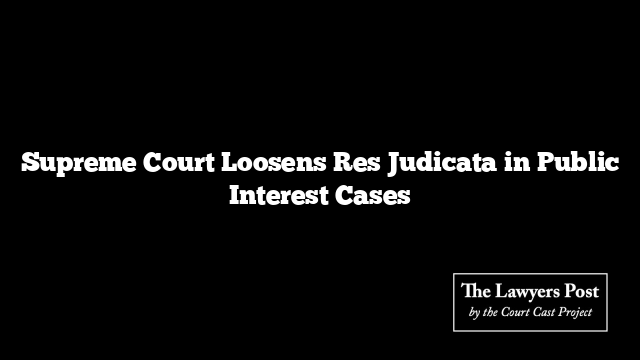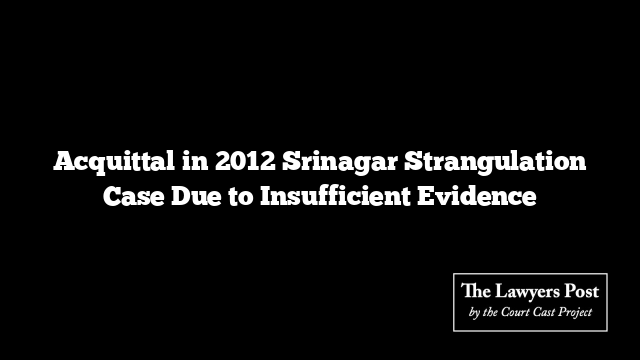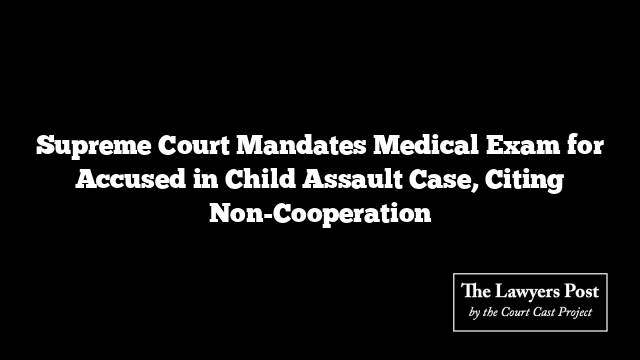In a landmark decision, the Supreme Court of India has ruled that the principle of res judicata, which prevents the same issues from being litigated more than once between the same parties, may not strictly apply when public interest is at stake. This ruling came during a judgment favoring the Delhi government in a series of land acquisition disputes.
The bench, comprising Justices Surya Kant, Dipankar Datta, and Ujjal Bhuyan, emphasized the need for flexibility in such cases, noting, “Certain matters transcend individual disputes and have far-reaching public interest implications.”
Context and Legal Evolution
The case centered around the Delhi government’s land acquisition efforts under the Land Acquisition Act of 1894 for planned development projects. Over decades, various notifications and compensation awards were issued. However, complications arose when landowners either did not claim their compensation or obtained stays on the proceedings.
The original 1894 Act was replaced by the 2013 Act, which introduced reforms including Section 24, stating that certain acquisition proceedings would lapse if compensation was unpaid or possession was not taken. This section led to varied interpretations in subsequent court decisions, notably the Pune Municipal Corporation case, which favored landowners and led the Delhi High Court to rule many acquisition proceedings as lapsed.
Supreme Court’s Reassessment
The turning point came in 2020 with the Constitution Bench’s decision in the Indore Development Authority case, which clarified that lapsing of acquisition proceedings required both non-payment of compensation and failure to take possession. This overturned the Pune Municipal Corporation precedent.
The Delhi government then sought to revisit the High Court’s decisions, leading to a second round of litigation. The principle of res judicata became a central issue, with the appellant authorities arguing that changes in law retroactively from 2014 should prevent previous decisions from being binding.
Court’s Conclusion
The Supreme Court ultimately sided with the Delhi government, ruling that the earlier decisions did not constitute res judicata. They highlighted that the doctrine, while preventing relitigation of settled issues, should not apply rigidly in cases where public interest is paramount. The bench noted the absence of conflicting interests between the government bodies involved and stated that public interest concerns warranted a fresh look at the cases.
The decision underscores the Court’s stance that legal principles must sometimes yield to greater public good, allowing flexibility in adjudicating matters with significant societal impact. As a result, most appeals by the Delhi government were allowed, with separate orders issued in other related cases.





